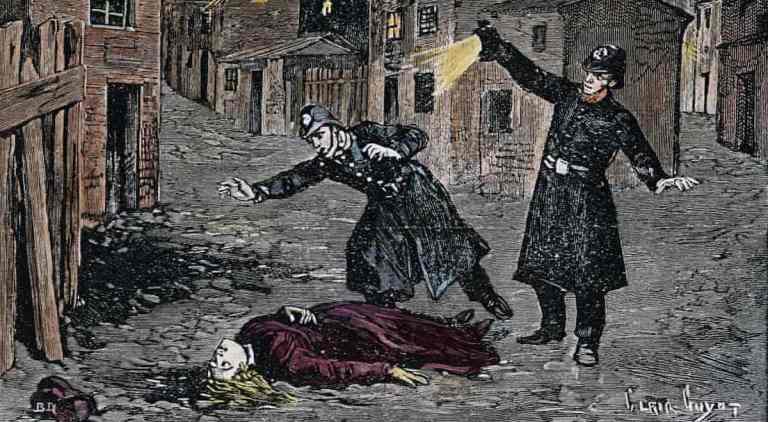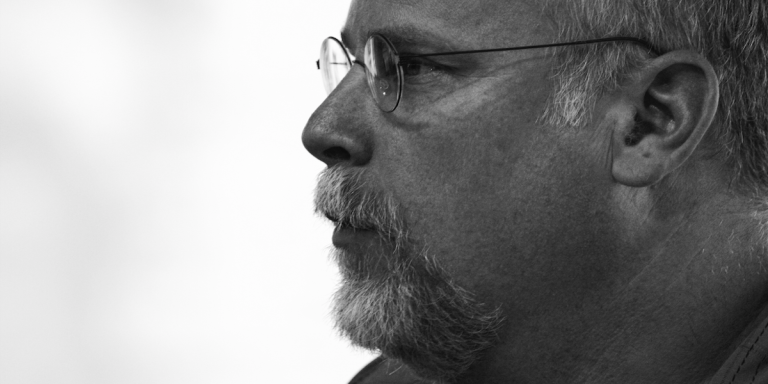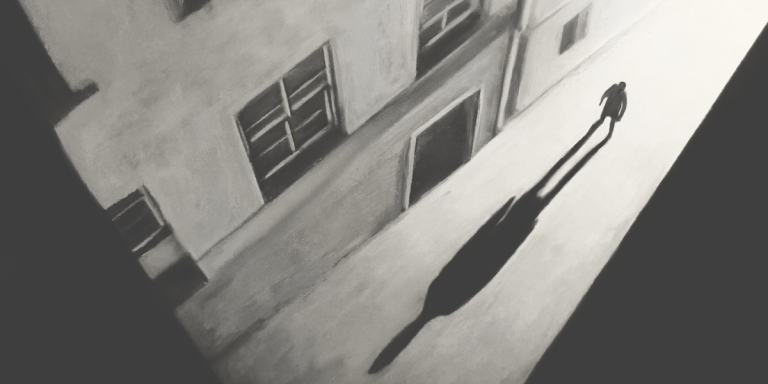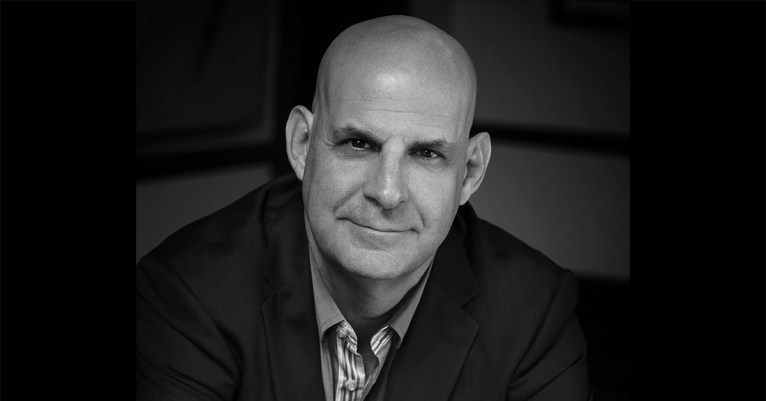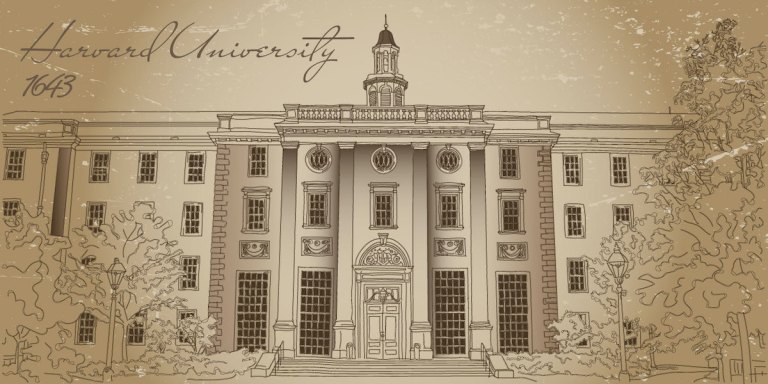Hannah’s War: Reimagining The Final Months Of World War II
A “mesmerizing” re-imagination of the final months of World War II (Kate Quinn, author of The Alice Network), Hannah’s War is an unforgettable love story about an exceptional woman and the dangerous power of her greatest discovery.
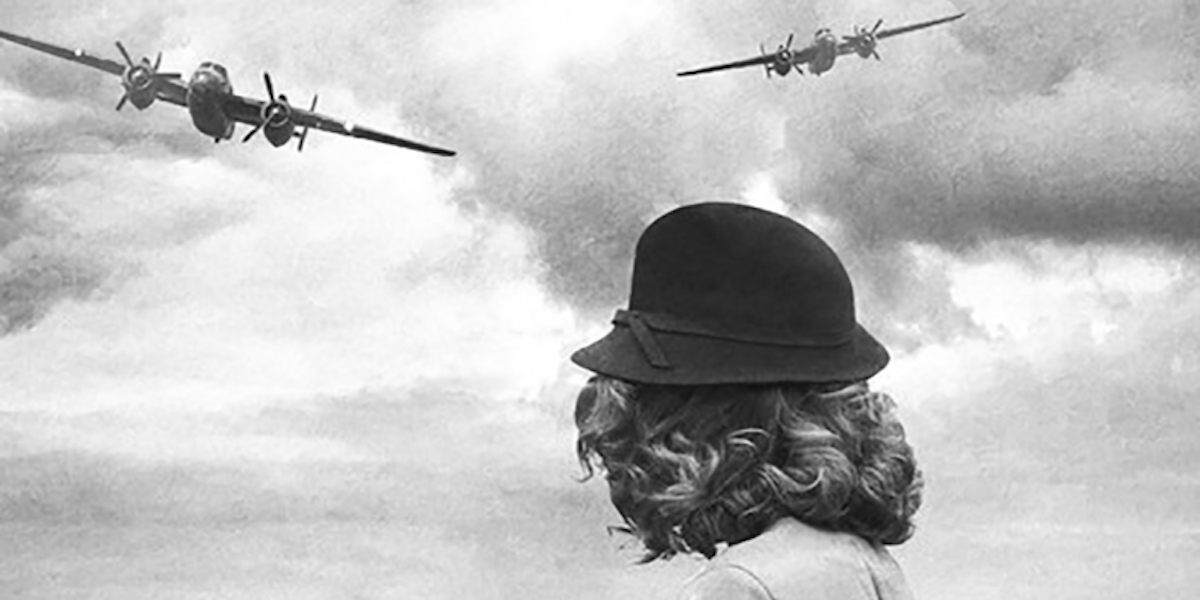
1
They come for me at dawn, as I knew they would. I’ve slept in my clothes, and I ask if I may step into my shoes. They allow that, but nothing else. He tells me to go outside, and I do. Parked on the dirt road between my barracks and the laboratory is a vehicle the Americans quaintly call a “paddy wagon,” an absurdly chipper term for the dank iron trolley that will transport me from Los Alamos to the prison at Fort Leavenworth, where I will wait again (not for long, I fear) for my perfunctory trial and inevitable execution.
The chain reaction leading to my death has been accelerated by my own divided heart. I see that now in a way I never could when all was theory, white chalk on blackboard, equations like pale bones scattered across scorched earth. The man I shouldn’t have trusted latches the manacle around my wrist and fixes it to a hasp welded hard to the bench.
“I’ll protect you,” he says, with such earnestness it makes me smile.
“You’re lying again.”
He glances over his shoulder. Sufficiently assured that no one can see us, he takes my face between his hands. “I will protect you, Hannah. If I can.”
I think he might kiss me, but that would be a danger to both of us. He is a meticulous and cautious man by nature, skilled at the art of keeping secrets. Most lovers are. I have limited empirical evidence to support this hypothesis, having loved only two men, but both of them held truth at a safe distance. Safe for them, not for me. His promise of protection—however well intended—doesn’t comfort me. So I comfort myself with equations.
The distance from the laboratories in Los Alamos, New Mexico, to the prison compound in Fort Leavenworth, Kansas, is 874 miles. We left when dawn was still a wishful glow behind dark mountains. We are traveling, I estimate, at an average speed of forty-two miles per hour, allowing for stops—
Oh God. Will they stop? Will they allow me that simple comfort?
No. I won’t think about that. The equations. Stay with them. I drum the fingers of my free hand, playing an invisible keyboard, on the metal beside my legs. This is my habit when I run numbers, drumming my fingers on hard surfaces, desks, and tables. A distance of 874 miles at an average speed of 42 miles per hour creates a probability of 20.8095 hours of actual travel time, plus the approximately 27 minutes it would take for the MPs to force the paddy wagon to the side of the road, slide a bag over my head, and—
Stay with the equations.
“I will protect you, Hannah,” he said. “If I can.”
A distance of 874 miles, leaving at dawn, allowing for the variable If I can.
2
The sun burned a hole in the haze; blistering sand sizzled against the electric-blue sky in a crackle of pure white. The machine-gun WHU-pa-WHU-pa-WHU-pa of the rotor blades clattered overhead, and as the helicopter banked to land, Major Jack Delaney could see its shadow on the flat sand below. It was a vertigo-inducing view, but Jack scanned the terrain with an unflappable, predatory gaze.
As they descended between mountains carved out of the earth in striated gashes of red, a dust storm rolled slowly forward, obscuring the horizon. The copter approached a primitive landing strip, two crossed lines etched into the parched earth, and the pilot danced on the pedals to correct for crosswinds, hovering for a long moment, then settling. As the rotors ground to a slow stop, he checked his watch and said, “You can step out now, sir.” He handed Jack his regulation army duffel and a black umbrella. “For shade, sir.”
The pilot flashed a cowboy grin, and less than a minute later, with a brash clamor, the R-4 was gone, leaving Jack in a whirling cloud of dust. A trickle of sweat and impatience teased the back of his neck. No matter the high security of the mission, it struck Jack that they were going overboard with the cloak-and-dagger secrecy of this place. Raising a hand to shade his eyes, he squinted at what looked like a long, shimmering rattlesnake on the far horizon: a string of army supply trucks crossing the desert, making for the distant hills. The head of the rattler—a long black Buick flanked by two light utility vehicles—peeled away from its body and rolled down the mountain toward the airstrip where Jack stood with his duffel and open Mary Poppins umbrella, an odd accessory given the obdurate dryness of the place. The Buick barreled toward him through the heat waves, a tiny black nucleus in the highly thermal middle of nowhere. When the cars reached his position, the escort vehicles waited at a respectful distance as the driver of the Buick rolled down the window.
“Major Delaney?”
Jack nodded. The driver got out and extended his hand.
“Collier. First sergeant. I’ll be working alongside you. Orders of General Groves. He’ll meet us at the base.”
Collier deposited Jack’s duffel with the umbrella in the trunk. By the time the sergeant was back behind the wheel, Jack had accurately sized him up: a high-energy Midwestern bootlicker eager to do his master’s bidding.
“I was expecting my assistant,” said Jack.
“Jewish fella?”
“Lieutenant Epstein.”
“Came in by train last night,” said Collier. “Said he wanted to avoid the heat.”
“Smart man, Epstein.”
“Aren’t they all,” Collier huffed. “Jew number-crunchers. Kraut scientists. Feels like I died and woke up in New York City.”
Jack laughed, crookedly tickled by this. After rolling up his window against the acrid stink of diesel fuel, he settled into the back seat and perused the orders commanding him to report to this location, specifying where and when but neglecting to mention why. Whatever the military were doing in New Mexico, they were determined to keep it highly classified, but Jack didn’t need his own role spelled out—he was here to catch a spy.
The war had laid bare the limitations of the FBI when it came to the larger scope of international intelligence. The Office of Strategic Services was the purview of William Donovan, and Donovan had handpicked a pungent collection of thugs, post-debutantes, millionaires, professors, military professionals, and corporation lawyers, all of whom operated under high tension and in whispers.
When Donovan turned his discerning eye toward corner offices, he found men like Jack Delaney making better-than-good livings as they took turns outwitting each other in courtrooms, boardrooms, and back rooms.
“Maybe your talents could be put to better use,” Donovan had suggested to Jack as they cooled down after a game of squash.
“Doing what?” Jack asked.
“What you do now. Only with higher stakes.”
“And what is it that you think I do?”
“I think you ask the right questions,” said Donovan, “and you know when you’re not getting the right answers. That’s a marketable skill when there’s a war on.”
He was right. It turned out that Jack had an unusual talent for sussing out the stories people didn’t want to tell. Even the smoothest lie snagged his ear like a slightly out-of-tune piano key. Within two years, he’d proven himself a savvy interrogator and a rising star in the intelligence world. After Jack was wounded, Donovan had pulled him out of the European theater and consoled him with the assurance that an even brighter future awaited Jack if he succeeded at this particularly sensitive mission. Was that a carrot or a stick? Jack still wasn’t sure and his uncertainty buzzed, an insistent, low-frequency thrumming under every conversation and every silence.
“You’re wasting your time here, Major,” Collier opined from the front seat with just enough artful politesse to conceal the extent of his disdain. “Me and Groves—we got this place tight as a tick.”
The ambitious verbal alliance of “me and Groves” caused a twitch at the corner of Jack’s mouth. “Hardly tight,” Jack commented. “Seventy-two concerned scientists have signed a petition demanding ethics oversight of—”
Collier cut in, throwing Jack a dismissive glance in the rearview mirror. “Some of the longhairs got their panties in a knot, felt the need to voice opinions about how their work is going to be used. Got it off their chests; now they’re back at it. That’s all that matters to General Groves.”
The Buick bounced and fishtailed up the mountain road, Collier hauling on the wheel in a desperate tug-of-war with each hairpin turn and switchback. The road was under construction as far as the eye could see. The air reverberated with the sound of jackhammers. The half-finished roadway was crowded with backhoes and bulldozers perched at the edge of the perilous drop-off. For a top secret mission, it seemed absurdly random and improvised. As the Buick, all kinetic energy, crested the final peak, Jack was overcome by a sudden alertness, a combination of the altitude and the stinging blue of a cloudless sky. Encircled by tiers of cyclone fencing, a bizarre encampment of barracks and jerry-built structures sprawled across the flat mesa like a poorly thrown hand of jacks. Collier presented the proper documentation at the well-guarded sentry gate and pulled into the compound.
“There’s your office over there.” Collier pointed to a Quonset hut on the corner of an unpaved intersection. Lieutenant Aaron Epstein stood on the stoop, his high forehead glistening with sweat above his thick, military-issue acetate spectacles. Collier pulled to the side of the rutted road, got out, and popped the trunk. “Your quarters are up the street there on the right.”
“I think I’ll pay a visit to the lab first,” Jack said, getting out of the car.
“Actually, sir, General Groves would like to see you as soon as—”
“Certainly. Right after I visit the lab.”
“Sir, yes, sir. You’ll have the use of this car during your stay.” He lobbed the keys to Jack, who grabbed them on the fly and tossed them to Epstein.
“Good to see you, Lieutenant. Anything new?”
They fell into an easy lope, heading to the makeshift office.
“There is,” said Epstein. “Censors snagged this.”
He handed Jack a Western Union telegram. Jack fingered it, troubled. He recognized the name of the intended recipient from a list of Swiss scientists who did a lot of coming and going across neutral borders. TO: GREGOR STERN. LET ME KNOW SABINE’S ALL RIGHT. STOP.
Uninvited, Collier slipped into the office with them, the door bouncing, then slamming shut behind him.
“I interviewed the Western Union operator who reported it,” said Epstein. “She insists a twelve-year-old boy brought it in.”
“Makes sense,” Collier said. “If there is a spy here, he’s no dummy.” He laughed at his joke and glanced over at Jack like a puppy expecting a treat. Seeing Jack’s stony expression, he fell silent.
“Sergeant Collier,” said Jack, “this telegram suggests that one of your people might be in covert communication with our foreign adversaries.”
“My people? I can assure you, sir, they are not.” Collier’s tone was clipped tightly within the bounds of deference to rank.
“We’ll start the questioning with the European scientists who’ve signed the ethics-oversight petition.”
“There’s four thousand scientists on the Hill, sir. Two-thirds of them are European.”
“Then we’ll start with the German-speakers who’ve signed the petition and are working directly on the bomb.”
“Gadget,” said Collier. “Orders are we call it the gadget, sir.”
Epstein pushed his glasses up on the bridge of his nose. “Oishe geveine lech.”
“Yeah, you’ll get along with the eggheads.” Collier grunted something between a snort and a snicker.
“Allergies, Sergeant?” said Jack, but Epstein took the barb without flinching. He was used to it, Jack figured.
Epstein indicated a substantial stack of files on Jack’s desk. “I’ve pulled personnel files for all the scientists who’ve signed the petition. There’s Reichl; he’s the one who initiated it—”
“The shit disturber who thinks a bunch of eggheads know more than top brass,” Collier interjected.
“And Weiss—”
“German as knockwurst and sauerkraut.”
“Austrian, actually,” Epstein corrected him.
“Were there any Americans present the day they taught nuclear physics?” Jack wondered.
“Well, Oppenheimer,” said Epstein.
“Pink as a stuck pig,” said Collier. “General Groves wants to see you as soon as you get settled.”
“Certainly,” said Jack. “I’ll check in with him after I visit the lab.”
“Sir, yes, sir.”
“Don’t worry, Sergeant, I’m not here to step on any toes,” said Jack. “Dismissed.”
“I’m dismissed,” Collier said, wincing. “You’ll miss me when I’m gone.”
“I’ll take my chances.”
He dug into the first file and found J. Robert Oppenheimer staring up from a photograph paper-clipped to a regulation personnel form, eyes gleaming with preternatural focus, a cobra about to strike. Jack saw in his gaze the arrogance of a spoiled child whose sullen depression might swing toward the erratic if he didn’t get his way.
He skimmed Oppenheimer’s curriculum vitae: Born in New York in 1904, the pampered, precocious son of wealthy Jewish parents. A Phi Beta Kappa wunderkind at Harvard, speeding through in three years, then on to Cambridge, where he confessed to putting a poisoned apple on his tutor’s desk. While teaching at Berkeley and Caltech simultaneously, he had earned the respect of the world’s most eminent physicists as well as a coterie of admiring students who imitated his elegant gestures, their ever-present cigarettes dangling from their lips at rakish angles and porkpie hats slicing dark shadows across their foreheads.
Anecdotal reports described him as “brilliant but aloof,” “lost in abstractions,” pretentiously injecting among his equations quotes from Hindu scripture and the Bhagavad Gita. One thing seemed certain: He was an odd duck. Hardly the man one would trust to lure the world’s greatest scientists up to this lonely plateau for a quixotic mission rife with intense personalities and unpredictable circumstances.
Jack gathered the files into his satchel, and he and Epstein walked a few hundred yards up the street to the Tech Area. The place looked more like a prison than a laboratory. Surrounded by armed guards and spirals of razor wire, tall, artless structures stood in harsh contrast to the red shale and pink sandstone cliffs behind them. In the space between, whorled piñon trees grew up from the fallen boulders and gently eroded slopes.
Jack’s gaze traveled up the wall, tracing each window, drawn inexorably to a shadow on the second floor. A woman stood behind the glass like a modern-day Rapunzel surveying the world from her unassailable tower. The elegant lines of her head and neck opposed the restraint of her high collar and the severe cut of her lab coat. In the brief moment before she noticed Jack and moved away, she seemed to be exactly where she belonged, framed in the window like a portrait.
3
Dr. Hannah Weiss pushed a dark curl from her forehead, studying the arid landscape through coils of concertina wire. Beyond the hodgepodge of rustic cabins, Quonset huts, and guard towers, the desert teemed with unseen life and ancient secrets. There was no place like it in Europe. No place like it anywhere else on Earth, perhaps. Its parched singularity offered her the hope that its purpose, too, was singular, never to be repeated, no matter how history would be rewritten by their work here. She and her colleagues held tight to the belief that the war would end, this ad hoc community would disband, and Roosevelt’s promises—his belief in divine justice and essential human freedoms, his commitment to preserve civility and human kindness, everything that made for a good State of the Union address—would usher in an era of peace and progressive thought.
The compound known as Site Y had previously functioned as a ranch school for boys. Now the old classrooms were crowded with laboratory equipment rather than wooden desks. Instead of faculty dinners and alumni mixers, the stately timber-built Fuller Lodge hosted rowdy parties that lasted into the early morning. Los Alamos had left the rest of the world behind and all the rules of engagement with it. Few had known what they were signing up for when they came, but no one talked about giving up on the difficult work at hand. They were creating the Weapon to End All Wars, placing a feat of unspeakable genius between a madman and the world he intended to destroy. Tensions had to be vented. Steam released. What was the occasional indiscretion compared to the impending possibility of world peace on the one hand or mass extinction on the other?
The gravity of the task was never far from Hannah’s thoughts. It kept her from caring about the lack of creature comforts. When climbing up and down the ladder at the tall chalkboard left her calves aching, she imagined her uncle Joshua at Appell, compelled to labor in all weather and for hours on end. She gave thanks for his easy humor and deep faith, which would surely stand him in good stead no matter what horrors he endured. When the dry wind made her hands cracked and raw, she thought about Sabine, wherever she might be—finishing her studies in New York, perhaps, walking up Broadway with tears in her eyes from the wind. And knowing that walking in the bitter cold was the least terrifying scenario facing Sabine, Hannah forced herself to focus on her own task, ignoring whatever gossiping or trysting was going on around her.
Her life at Los Alamos was simple and isolated. She was a woman working among men. They were afforded freedoms not available to her. In the black-market shack, she bargained for lipstick—that was a necessity—but stockings were a thing of the past, far down the list of items that mattered. She hoarded her sugar and flour coupons to trade for notebook paper and no. 2 pencils.
The wives of the other scientists had things sent to them from home, and a few of them made dresses to sell, but Hannah carefully mended the clothes she’d had with her when she arrived: three straight skirts (black, gray, and dark red), two blouses (one white, one pale rose), a modest peplum suit (navy blue with fine black piping), a pair of oxblood pumps that worked with any combination of the above, and a small treasury of undergarments purchased the last time she was in Vienna. She slept in a camisole, having traded her nightgown for a dog-eared copy of Einstein’s Science and Religion. Hannah kept her thick dark hair swept back neatly from her face and tucked into a tight roll secured by an intricately jeweled comb, her only concession to femininity, the only artifact of a life in which she—for a moment, at least—had been made to feel precious. Hannah traced the hard edges of the comb with the tip of her finger as she studied the world beyond the familiar window.
On the road below, she saw two men closing in on the lab area with the subtlety of sharks scenting blood. Sergeant Collier had dropped them off. She knew Collier—they all did; he was General Groves’s lackey. Hannah had noticed the bespectacled man in the cafeteria the night before, wearing khakis, dining alone in a corner, nearsightedly perusing the contents of a manila file folder that he held too close to his face. The other man, the cut of his suit too dapper for wartime with its vest and wide notched lapels, was a stranger, but Hannah had seen his kind before and immediately knew what he was. She recognized the set of his jaw, that “lean and hungry look,” the narrowing of his eyes as his gaze crawled up the wall like a click beetle. His kind usually entered the encampment in the haze of late evening. They were typically gone by dawn the following day, and Hannah was never surprised to discover that one of her colleagues had disappeared as well.
“So what’s the problem this time?” Oppenheimer rapped a bony knuckle on the chalkboard behind her. “We can’t fold up our tents now. Hitler knows the Allies are on his doorstep. If the Germans have the bomb…well, I don’t have to spell it out.”
As Hannah turned away from the window, squinting against a cataract of sun, she was reminded again of the contrast between their grand mission and their improbable surroundings. The small Critical Assemblies Team, of which she was a part, had been corralled into Technical Area 18, a cheap wooden structure dangling perilously off the rocky outcropping at the top of Omega Canyon. Her colleagues looked as if they were in the giddy first weeks of adventure camp. On nights when it snowed, they would bang on doors before sunrise saying, “Wake up! Let’s go skiing!” Missing breakfast, they would stagger into work, thumping their hiking boots together until small chunks of snow and ice drizzled to the floor.
Peter Reichl, his ample stomach bulging prominently beneath a hand-knit woolen vest, spoke up. “We’ve gone as far as we can go without actually creating an atomic explosion. How can we prove our theories without—without…” He made an expansive gesture with his hands, unable to articulate the magnitude of the problem.
“Without igniting Earth’s atmosphere?” Hannah volunteered.
“Roosevelt would probably frown on that,” said Oppenheimer. He lifted his cigarette to his mouth with a fluid, feline elegance, took a deep, theatrical drag, and slid Hannah the off-kilter smile that made him the center of attention with the ladies. “How does our lovely Cassandra think we should test the untestable?”
Hannah was unmoved. “Stick to the lab assistants, Oppie. It’s been a long time since a man managed to charm me into doing what he wanted.”
This prompted a bubbled giggle from Alice Rivers, the only other woman in the room. Where Hannah was self-contained, Alice seemed always in need of rearranging—her mended stockings springing new ladders, cardigan unbuttoned to show a bit too much cleavage, unruly curls escaping the constraints of her bandanna. Alice spent her days waiting patiently for the scientists to say something brilliant while dutifully jotting down everything they said—brilliant or not—in a notebook, each quote tagged with the initials of whoever was speaking. She was quick to emit an infectious giggle, something that kept her in her post when other stenographers, all dour faces and chunky brogues, might have done a better job. Oppenheimer echoed Alice’s laugh, but Hannah observed that his eyes appeared more darkly sunken than they used to be, more wary, less ready to spar.
Because Hannah was always quiet unless she had something consequential to offer, her colleagues came to full attention when she approached the chalkboard, slid the ladder to one end, and climbed a few rungs. As she scrawled the first few figures of a lengthy equation, she posited the question tormenting them: “Why exactly would an atomic explosion blow us to bits?”
Peter Reichl wearily repeated what they already knew: “Uranium two thirty-five reacts so quickly, there’s no way to control it. The metal housing will be instantly converted to a fireball.”
“Do we have to use metal?” asked Hannah.
“You want us to build a bomb out of Lincoln Logs?”
Hannah glanced over her shoulder and smiled. “I was thinking of gingerbread.”
Reichl looked abashed; he hadn’t meant to be so snappish.
“But here—oh, wait—” Otto Frisch, as was his habit, had been pacing, a contrail plume of cigarette smoke following him around the room. His western shirt was a size too small, so his neck, wrists, and hands extended out like a scarecrow’s. He pressed his palms together as if to contain his idea. “What if we mix the uranium with hydride? That would slow the reaction time.”
“Only by an exponent of ten,” said Hannah. “Still too fast to control it.”
“But what if we exposed it for only a split second?”
“How?” Oppenheimer leaned forward as if he could will the idea into being. The scientists listed forward as well, Oppenheimer the choreographer and they his dancers.
“By dropping the core through a hole in hydride blocks.” Frisch motioned to Alice, who nodded and initialed and jotted furiously.
Hannah pondered the possibility for a moment and then began another equation. “And that leads us to the inexorable question—how do we trigger it?”
“That’s what you’re here to figure out,” said Oppenheimer, rising from his chair with loose-limbed ease and striding with long, decisive steps toward the door. “How to tickle the dragon without waking him. And how to do it before the Germans blow England to smithereens.”
By clicking 'Sign Up,' I acknowledge that I have read and agree to Hachette Book Group’s Privacy Policy and Terms of Use


